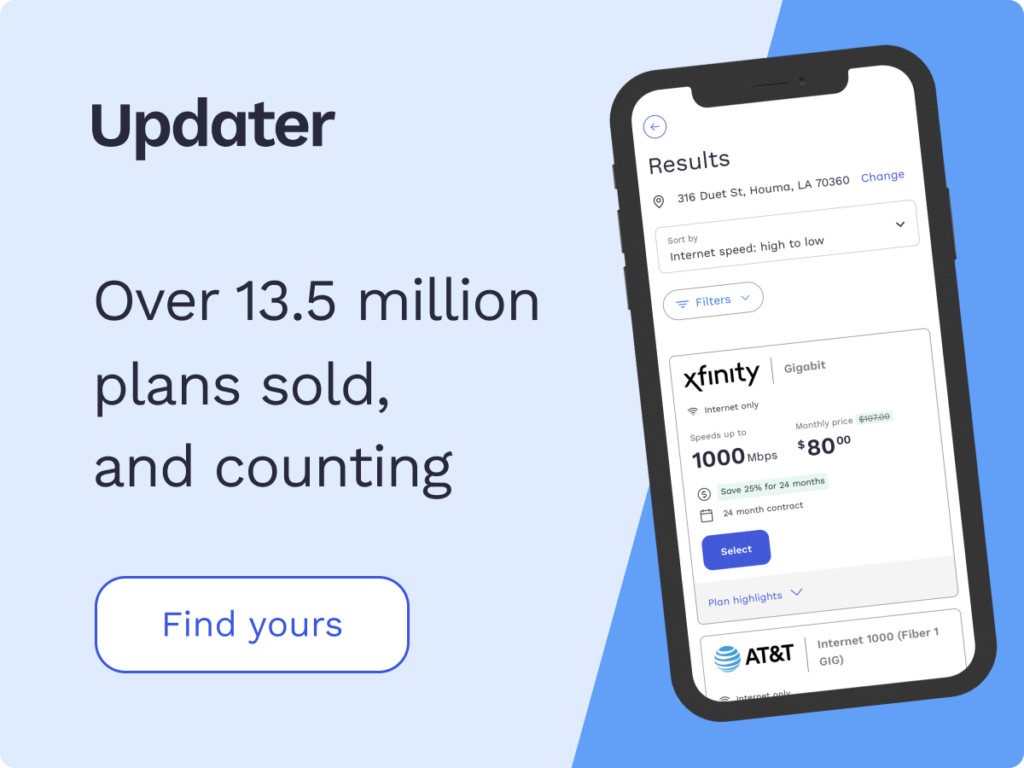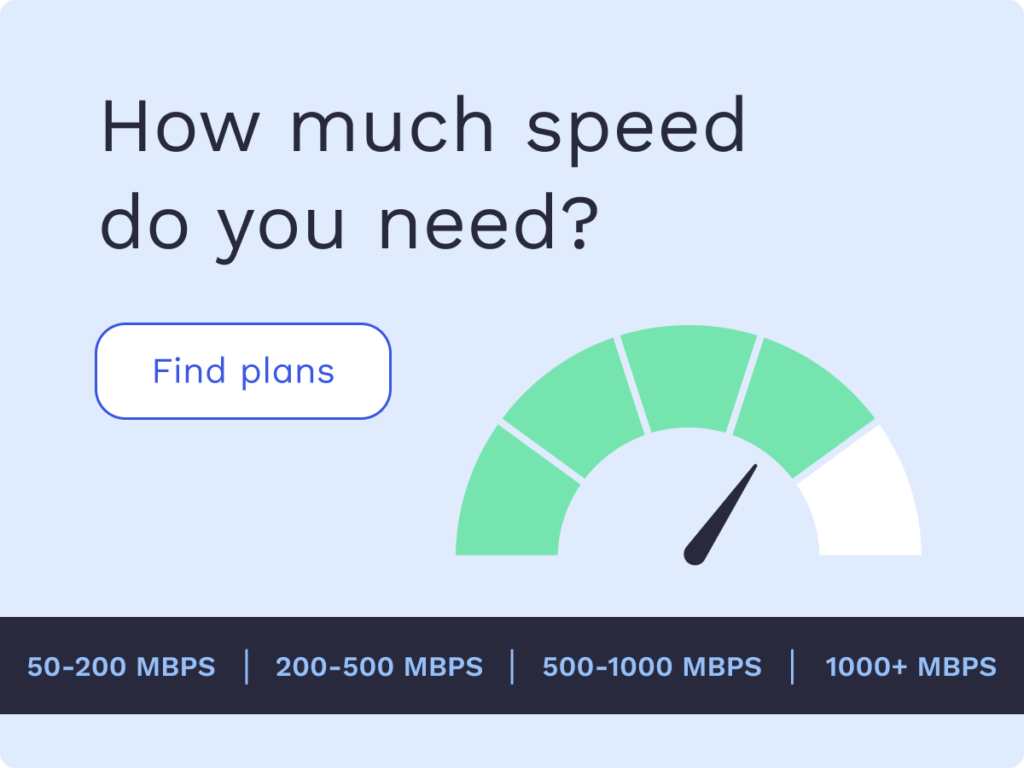How to Avoid Data Overage Charges

Data overage charges can be very costly and in many cases, unexpectedly so. Different internet service providers (ISPs) have different policies when it comes to overage charges but the bottom line is the same: it costs money to go over your data allowance! If you have young teens just getting their own tablets or smartphones, you may notice data consumption skyrocket.
While you might want everyone in your family to have internet access when they need it, there is still plenty you can do to avoid unnecessary overage fees. This guide will share more about what data overage charges are, how much they can cost you, and how you can avoid them altogether.
What are data overage charges?
When you sign up with an ISP, you will chose a data plan for your internet usage. Plans vary in price and many come with a data limit. If your plan has a data limit and you exceed it, your internet doesn’t simply turn off. Instead, extra charges just keep piling up on your account until the end of your billing cycle. In many cases, overage charges can be charged at a higher than normal rate. For example, you may get a data plan that’s only $30/month but if you use too much data, you can be charged $5 for each gigabyte you consume over and above your limit. This can add up very quickly.
Data overage charges occur when a consumer is using more internet data than the package they pay for allows. This can happen much more often if there are multiple internet users who consume lots of data. Luckily, we have a few tips to help you avoid getting stuck with expensive data overage charges at the end of your billing cycle.
How to avoid data overage charges
To avoid being unexpectedly charged and winding up with a higher than expected bill at the end of the month, try implementing these tips to avoid data overage charges.
Choose your plan wisely
It’s an expensive world so it can be tempting to choose a more economical internet package when shopping around. But you have to have a realistic view of how much internet your household actually needs. It is usually cheaper to opt for a plan that has the right amount of data than it is to pay overage charges if you go over your limit.
Evaluate how many users you have, how many devices you use, and what type of internet activities you do most. If you and other household members often stream movies, engage in online gaming, or use video conferencing, you will likely be consuming a lot of data. Look back at your past bills to see how much data you typically use before signing up for a new plan and ask your ISP for their recommendations based on your internet consumption needs.
Monitor your internet use
Many ISPs offer services where you can check your account online or via an app and monitor data usage at any time in your billing cycle. It could be very helpful to check your account every few days to see how much internet you have consumed so far. If you are nearing your limit, you will know to be careful and minimize usage of the internet. You may even call your ISP and ask for an add-on if you are nearing your limit for one month but don’t typically use that much internet on an ongoing basis. It can be safer to choose a on-time add-on than to pay overage fees.
Close apps when you’re done
Leaving apps running in the background on your smartphone or laptop can still use data, even if your device is in sleep mode. In fact, unless it is completely turned off, it can still use data. Think about all the apps that are open on your device and the devices of your family members and this can be lead to a very big bill to pay at the end of the month. It’s a good idea to get into the habit of shutting down applications on your devices once you are done using them.
Know your billing cycle dates
On your contract, you will see when your billing cycle begins and ends. This can be very helpful in knowing when to slow down with your internet usage and when it’s safe to start using it again. If you plan to pre-download several films, you can do that by spreading them out and downloading a few at the end of one billing cycle and some at the start of the next one so that they aren’t all included on the same cycle. This can be a big help in saving you from data overage charges.
Set up usage alerts
Many ISPs offer the option for you to set up usage alerts. This means that when you are coming close to your data limit, you will receive a notification. These alerts can save you from overdoing it on internet usage right before the end of your billing cycle. You can set it to notify you when you have hit 50% of your data limit and again when you’ve used 75% of your available data.
Choose an unlimited plan
If you are concerned you may go over your data limit, it’s a good idea to consider an internet package that offers unlimited data. These types of plans can be expensive but if you have many users or devices in your home, it could save you from unexpected overage costs. To be safe, ask your ISP if they offer unlimited data plans and what the details are of subscribing to such a plan.
Choose an ISP without overage fees
You may think all ISPs charge overage fees but there are plenty who have no data caps and don’t charge any overage fees. This can sometimes result in a slower connection, especially when you reach a certain level of usage in your billing cycle, but it won’t result in an unexpected bill that costs hundreds of dollars more than your typical internet bill. It’s worth shopping around for an ISP that doesn’t charge overage fees if you are concerned about costs and data usage.
Frequently asked questions (FAQs)
How many months in a row can I be charged overage fees?
In most cases, you will be charged overage fees every month that you go over your data limit and the charges must be paid when your bill is issued. There is no limit on the overage charges your ISP can charge you if they do in fact charge overage fees. You can always check your contract or call your ISP for clarification to be certain.
What happens if I refuse to pay overage charges?
It has happened in the past that users unknowingly went over their data limit and were surprised with a huge bill. While the government is working to prevent this from happening to unsuspecting consumers, most ISPs can meet you halfway. If you were unaware of your plan’s limitations and the amount owed is very high, they may be willing to work out a deal with you. This can mean going back into their system and applying a plan with a higher limit and simply asking you to pay the difference instead of the total cost of the overage fees. But if the ISP is unwilling to negotiate, your account will be placed in collections if the bill is not paid.
Are unlimited plans just as fast as limited ones?
Unlimited data plans usually cap at a certain amount of data usage per month but the service isn’t cut off after that point and no overage fees are charged. The connection may slow down once you’ve hit the ISP’s throttling point and you will notice your smartphone and other devices operating at a slower rate. This can be frustrating, particularly if you didn’t know about this. When looking into unlimited plans, ask your ISP if there is a point at which the service may be throttled.
How can I purchase a data add-on?
If you are not close to the end of your billing cycle but have noticed your data consumption is particularly high and you have very little left, you can call your provider and ask about an add-on package. These are usually one-time fees that offer you a certain amount of extra data for a flat rate. It’s worth asking if the add-on automatically renews the following month so you will know whether or not to cancel it for the next month. Some ISPs automatically renew add-ons without consent, whether you need them or not, so be sure to confirm your provider’s policy prior to making any changes to your plan.
Why is my data usage so high?
Streaming services, Zoom, FaceTime, and other video apps use a lot of data. Videos on Facebook that automatically play as you scroll by? Also using data. To curb the effect of video on your data usage, you can turn off automatic video playback on Facebook so only the videos you actually want to watch consume your data. And finally, closing apps running in the background when you are finished with them can really help to reduce your internet data usage.
*Pricing varies by location and availability. Speeds may vary. All prices subject to change; for current pricing and availability visit our internet service page. Prices as of 5/18/22.
Disclosure | Updater articles are based on our own data and research, independent from partner relationships. We are not compensated by partners for information and opinions presented here. Our Editorial Terms of Service can be found here.














